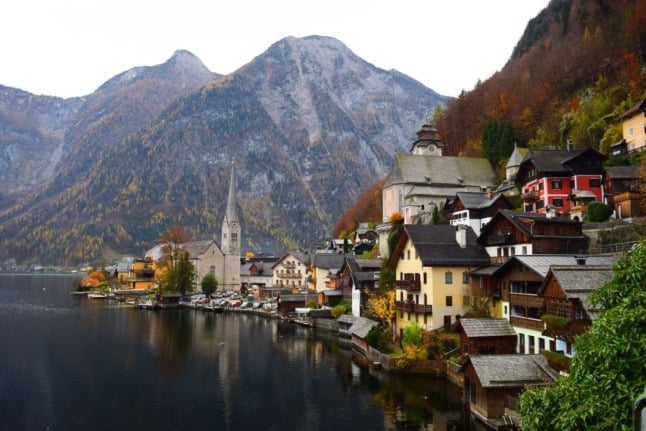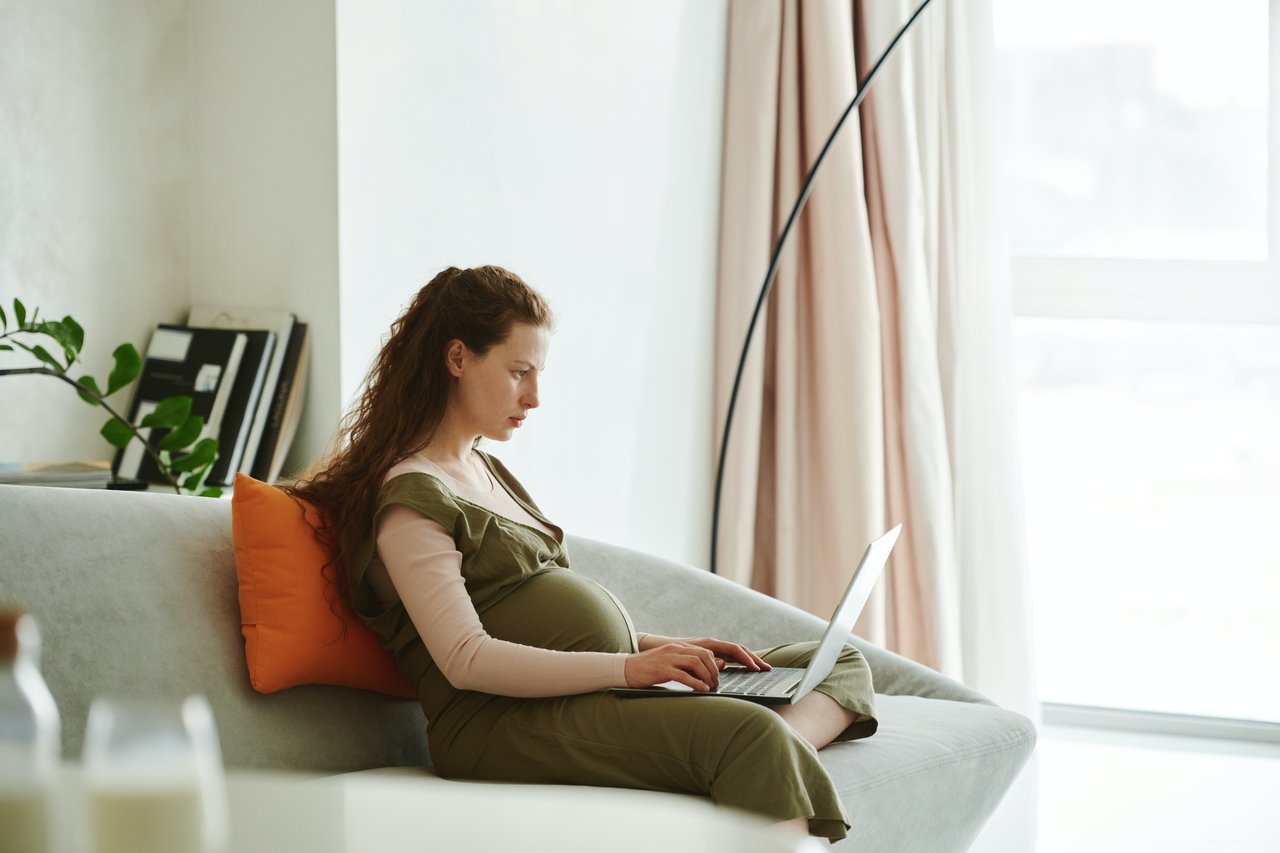Austria is known for having a high standard of living, so it’s no surprise that it’s an attractive place to live for people from around the world – including retirees.
There is even a special visa for retirees known as a settlement permit, which offers financially independent people the opportunity to retire in Austria and live in the country on a long-term basis.
But what makes life in Austria so favourable for retirement?
It’s a mixture of safety, an affordable cost of living, access to nature and a vibrant cultural landscape.
Access to nature
Austria is renowned as the winter sports capital of Europe and enjoys some of the best skiing conditions in the world.
This is a big attraction for active retirees looking for somewhere to indulge in winter sports and other mountain activities – especially in the provinces of Tyrol, Vorarlberg and Salzburgerland.
Emma Barr lives in St. Johann, Tyrol, with her husband, but is originally from Reading in the UK where she used to work as a HR Manager.
Emma told The Local earlier this year: “We moved here over 10 years ago, and it was the best decision we ever made.
“Spending time walking or skiing in the mountains on a regular basis is life enhancing.”
Austria isn’t just about exploring the Alps though.
Residents in Vienna and other major cities are also within easy reach of nature, which makes the country ideal for hiking, swimming in lakes, visiting wine growing regions or just enjoying the fresh air.

Affordable housing
It’s no secret that Vienna has repeatedly been voted as the world’s most liveable city for many years.
The reason for this is the high quality of life that resident’s enjoy with affordable housing costs, a reliable transport network and low unemployment figures.
READ MORE: Eight weird and wonderful Austrian place names
But Vienna isn’t the only place in Austria where international residents can enjoy a high quality of life.
In many parts of the country, housing costs are affordable when compared with countries like the UK and the USA, and low unemployment rates are mostly reflected nationwide.
For example, the average rent for a three-bedroom city centre apartment in Austria is €1,357, while outside of the city centre it’s €1,030.
This makes rent in Austria, on average, 31.53 percent cheaper than the USA and 13.25 percent cheaper than the UK.
Safety
Austria has a global reputation as being a safe place to live and this is backed up by the Global Peace Index by Vision of Humanity which lists Austria at number six.
The Index considers societal safety and security, ongoing domestic and international conflict, and the level of militarisation in its assessment of countries.
Austria also has one of the lowest crime rates in Europe and violent crime is rare, making it a sought-after destination for international residents.
Healthcare
An important consideration for retirees is access to good healthcare, which is something that is widely available in Austria.
According to Expatica, Austria’s healthcare system is “excellent, affordable and accessible”.
However, insurance is needed to access healthcare in Austria (without a large fee). This is also a requirement for granting retirees a settlement permit.
But once insured, healthcare is universal for all legal residents in Austria, no matter a person’s age or income.
FOR MEMBERS: Where in Austria do all the British residents live?
Culture
Austria’s cultural and intellectual legacy was shaped by Mozart, Beethoven and Sigmund Freud, as well as the Austro-Hungarian Empire.
The latter brought grand palaces and architecture to Vienna such as Schönbrunn Palace, Schlosspark and The Hofburg.
Whereas the country’s musical heritage led to a vibrant cultural scene with events like the Salzburg Festival and the famous New Year’s Concert by the Vienna Philharmonic taking place every year.
In fact, Vienna is known as the capital of classical music and there is no shortage of concerts to enjoy with 15,000 events in the city’s concert diary (in non-pandemic times).
However, it’s not all about classical music in Austria and there is plenty of modern art and culture to sample, such as Ars Electronica Center and the OK Center for Contemporary Art Austria in Linz, Upper Austria.




 Please whitelist us to continue reading.
Please whitelist us to continue reading.
Austria is also rated by expats as one of the most unfriendly countries in Europe. I can attest to that.